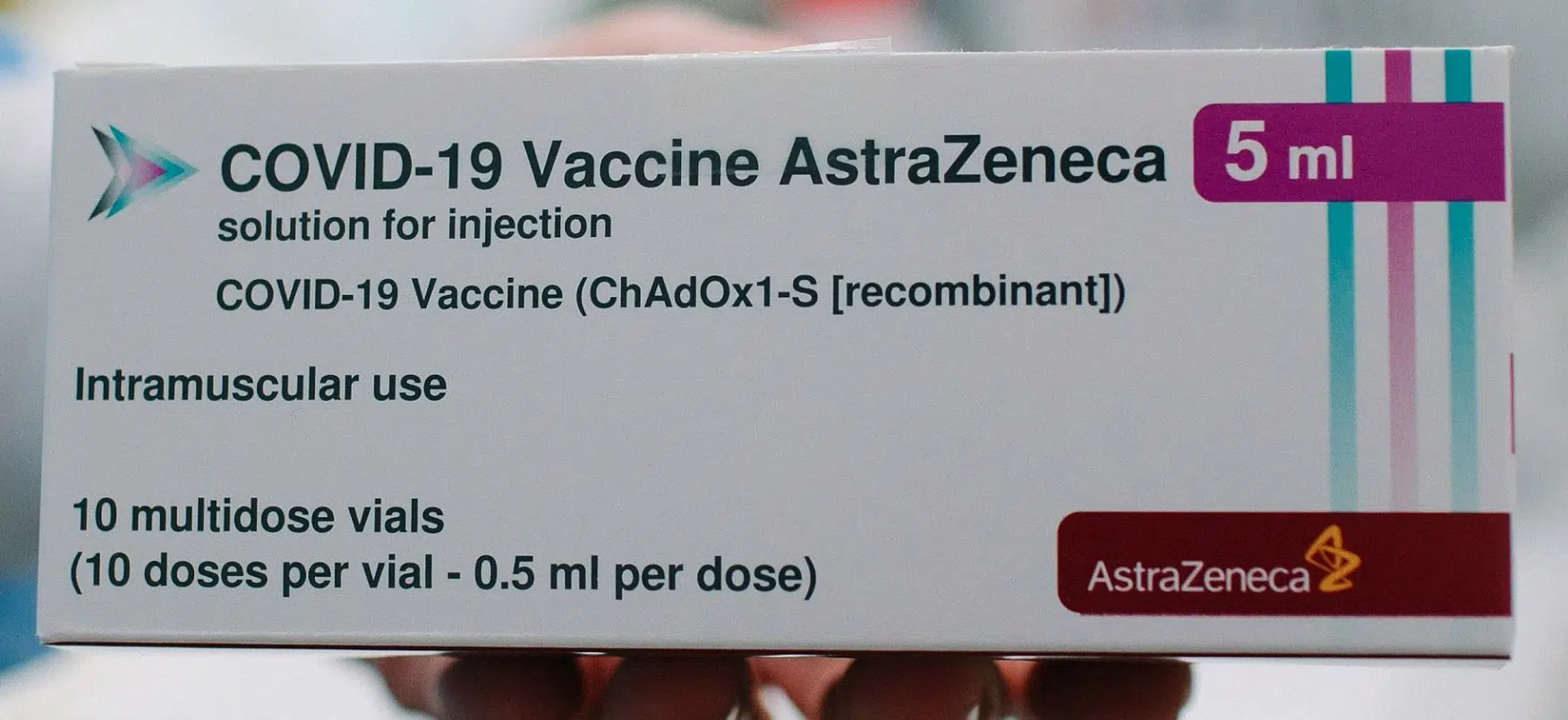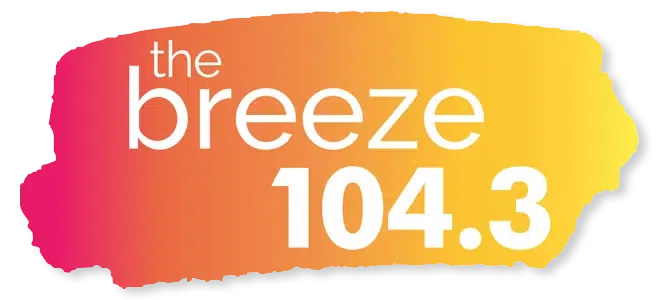
B.C. health officials say the province’s first shipment of the AstraZeneca vaccine will be used to vaccinate people in communities and workplaces with active outbreaks.
Dr. Bonnie Henry says eligible workers include those employed by food processing plants, at agricultural operations with staff housing like farms and greenhouses, as well as at large industrial camps.
“These are the outbreaks that are happening now and this helps us to reduce the transmission that we are seeing in our community right now,” she said during a press conference today.
“Many of these people who work in these situations are low wage incomes, sometimes racialized populations and its important for us to be able to keep those workplaces safe for those workers, and we know that that also protects us in the community.”
Also part of the initial roll out will be workers who live in large congregate settings where it is difficult to isolate and quarantine people during an active outbreak.
In all, the province will deploy about 68,000 doses of the AstraZeneca vaccine to areas that have identified as the having the highest risk. Henry says this vaccine roll out will be in addition to the age-based clinics that got underway this week.
In the coming days, the province will release the next group of people who will be eligible to get the AstraZeneca vaccine. It could include police, firefighters, teachers, transit drivers, and other essential workers.
“The best vaccine for you is the one available now,” Henry said. “The BC Immunization Committee is reviewing the latest data and recommendations from the National Advisory Committee on Immunization to determine additional workplaces that will be prioritized for immunization using the AstraZeneca vaccine.”
AstraZeneca vaccine is safe: Dr. Henry says
B.C. health authorities also say they’re confident in the AstraZeneca vaccine even as some European countries have temporarily stopped using it because of blood clots that have been reported in some patients after they got the vaccine.
Dr. Bonnie Henry says she is confident that that all of the vaccines available in the province are safe and effective. She also says the condition can sometimes be associated with COVID-19 itself.
“Over 17 million doses of AstraZeneca have been given. And so far 37 cases of these blood clots in different ways have been detected. This is lower than we might see, even in the general population, without vaccination,” she said.
“We are confident that is not a risk that we are seeing here in Canada.”
Henry’s comments echoed those made by Prime Minister Justin Trudeau, as well as Canada’s top doctor, Dr. Theresa Tam, when asked about the safety of the AstraZeneca vaccine.
She did add that health officials in Canada will be keeping a close eye on this situation in the weeks ahead. Health Canada is in touch with its counterparts in the U.K. and in Europe to see what lot numbers and products are involved, Henry noted.
“Sometimes these things happen in people who happen to receive immunization and we monitor to make sure its not greater that we might be expecting,” she said. “But we also know that infection with COVID-19 can lead to these types of conditions as well, at a much higher rate.”
“We have seen that here in B.C. tragically where we’ve had even young people dying at home from blood clotting whether its a heart attack or a pulmonary embolism.”
To date, B.C. has administered over 409,000 doses of Pfizer-BioNTech and Moderna vaccines, including 87,059 second doses.
In all, there have been four vaccines that have been approved – the fourth one being the Janssen COVID-19 vaccine.













Comments